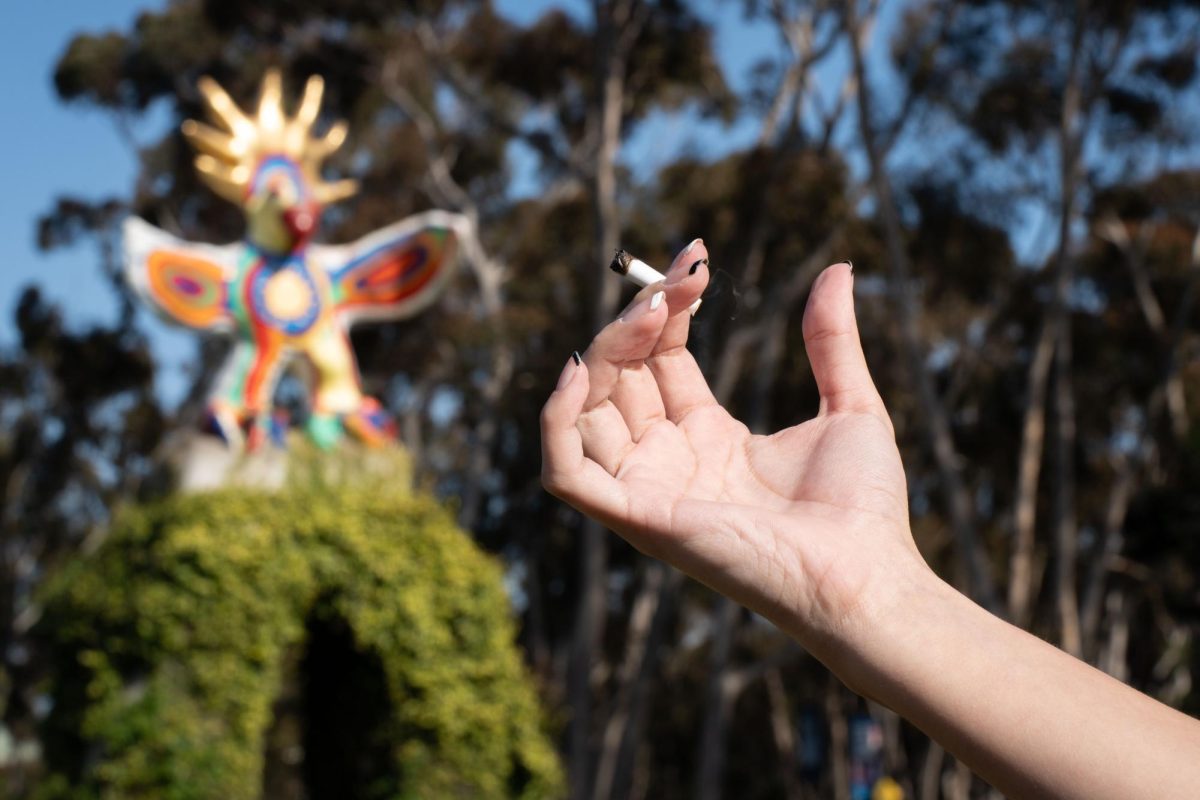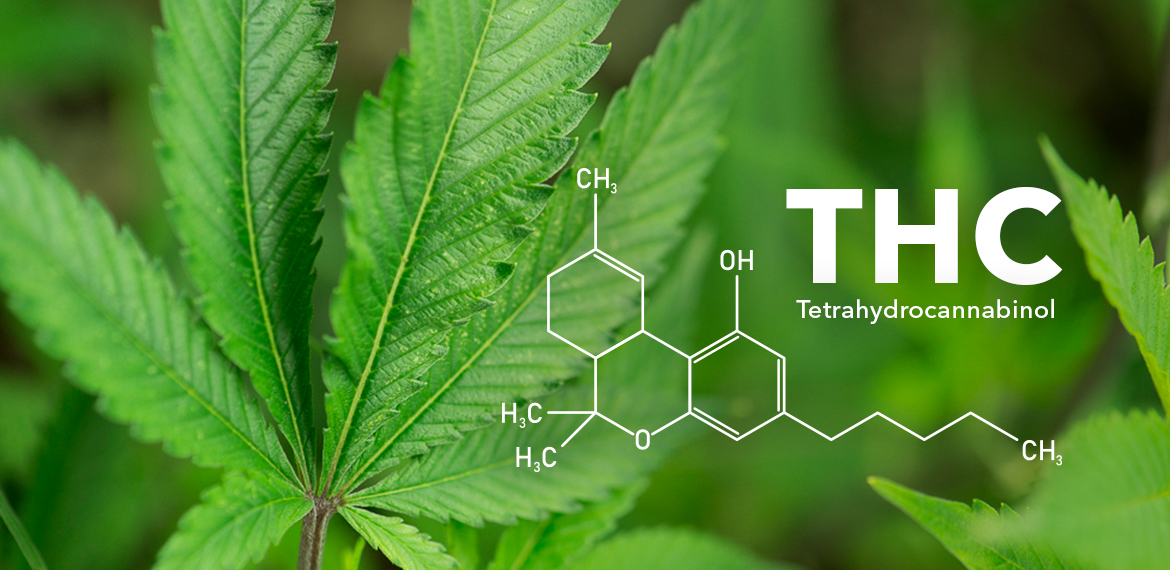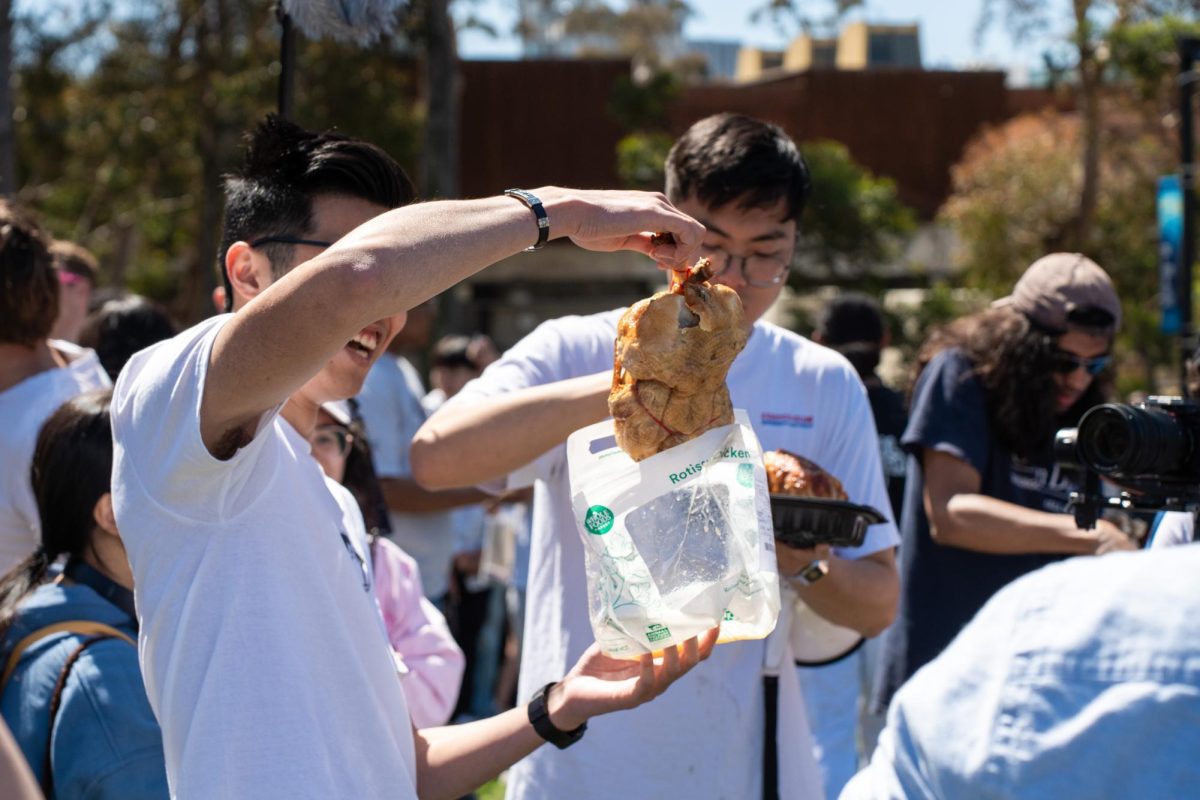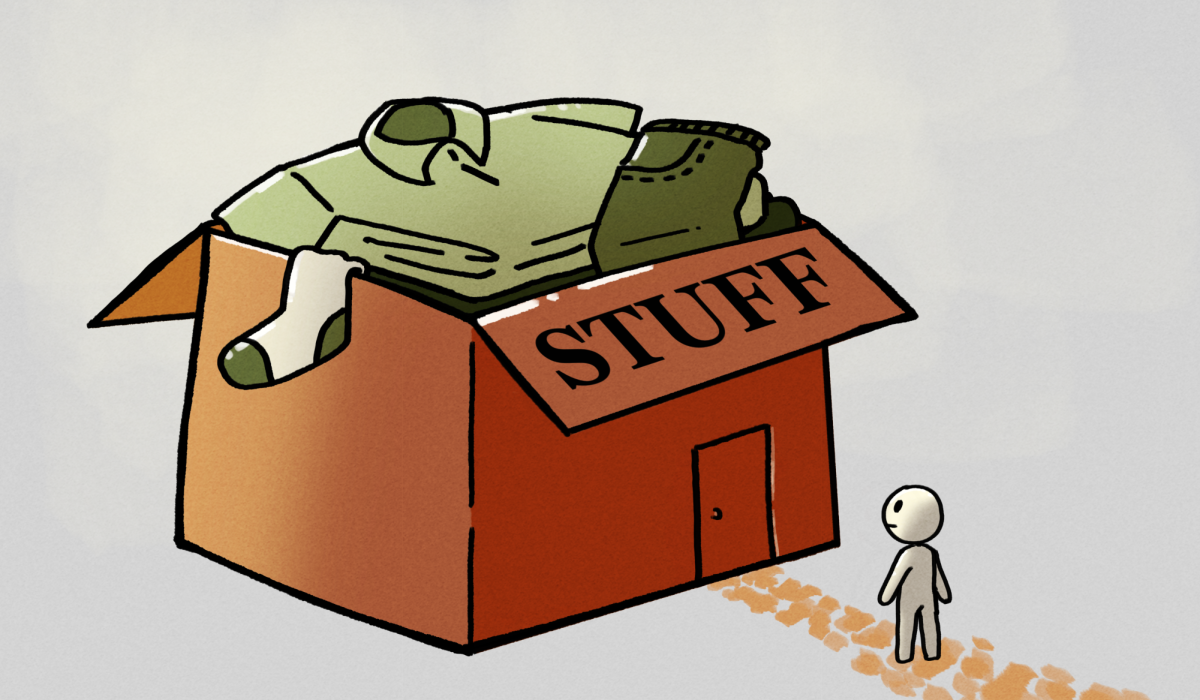
After nearly a year in the lab, UCSD researchers have scientifically proven the obvious: People eat more chocolate when they’re depressed.
In 1999, Natalie Rose — a UCSD undergraduate at the time — worked with researchers on a study that concluded that there is no correlation between certain foods and depression — with the exception of chocolate.
Nearly a decade later, Rose, now a gynecology resident at UC Davis, decided to head a joint UCSD-UC Davis study to pinpoint how many serving of chocolate correlated to varying levels of depression.
“We were motivated by the fact that there is huge amount of lore linking chocolate to mood, with virtually no scientific evidence backing that up,” UCSD associate professor of medicine and co-director of the study Beatrice Golomb said.
Just over 1,000 people over the age of 20 living in the San Diego area participated in the new study, which took place over eight months in 2009. They completed surveys on their chocolate intake — with no distinction between types of chocolate — and a questionnaire that included more general questions about food habits and moods.
Participants were also screened to ensure they were free of such afflictions as diabetes and heart disease to ensure that they could remain in the study for the full eight months.
Researchers compared the servings of chocolate consumed per month by those with and without signs of depression.
The experiment showed that people with high occurrences of depression — as determined by their answers to the questionnaire — consumed about 12 servings of chocolate per month, while those who were generally less depressed ate about eight servings of chocolate per month. Those with no signs of depression ate only five servings of chocolate per month. (One serving of chocolate is approximately 1.3 oz, or the size of a regular Hershey’s bar.)
Results also showed that participants who tended toward depression did not demonstrate a higher intake of other traditional comfort foods — those high in fat, carbohydrates, protein or caffeine.
In conclusion, Golomb said, the most recent study showed that only chocolate consumption — not that of any other food — is increased when depression levels are higher. The results did not show whether chocolate actually makes people happier, more depressed or has no effect at all. However, Golomb said that researchers may soon launch a new study to determine these specifics.
“We have become sufficiently interested,” Golomb said. “We are considering doing a randomized trial that would elucidate the relationship between chocolate and mood, to see if it is a causal relationship.”
Readers can contact Megha Ram at [email protected].







